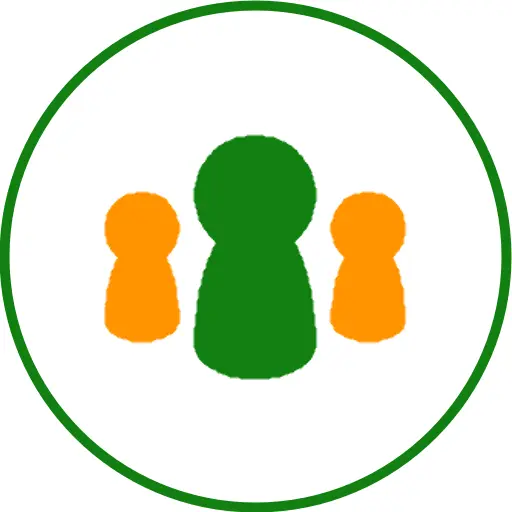 Squex
(2019)
Squex
(2019)
Who is this game suitable for?
Suitable for ages 8 and up. You can play with 2 to 2 players.
For the pros among you, the following mechanics can be decisive: Network and Route Building...
Game Data
| Average time to play: | 20 |
| Minimum age: | 8 |
| Number of players: | 2 |
| Publisher: | (Unknown) |
| Designers: | João Figueira, João Teixeira Figueira |
| Artists: | Unknown |
| Mechanics: | Network and Route Building |
Squex is a 2-player abstract connection game, similar to Hex.
The game is played on a 8x8 board of octagons and squares. The goal of each player is to connect their corresponding sides of the board with a continuous line of pieces.
How to play:
On their turn, each player can place one octagonal piece on any free octagonal place on the board.
If a piece is placed diagonally to a piece of the same color, a square of that color is placed to connect them (it is possible to place up to 4 squares by placing just one octagon).
If a piece is placed diagonally to a piece of the same color and there is a square of the opponent's color in between them, the opponent's square is replaced by a square of the player's color. The opponent's octagons are no longer connected by the square that was there. This is called a "cut".
Whenever a player performs a "cut", the opponent can then play two times in a row (it should be noted that if a player performs a "cut" on the first of two consecutive turns, they lose the second turn and it's the opponent's turn to play twice).
A player only wins when they connect their respective sides of the board and it is impossible for the opponent to ever break that connection with a "cut". Usually after a player connects two sides there are still three of four more turns until the connection is "uncutable".
—description from the designer
Alternative names:
Squex
Last Updated: 2025-10-07 13:49:21 UTC


Load comments...